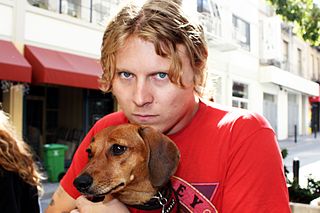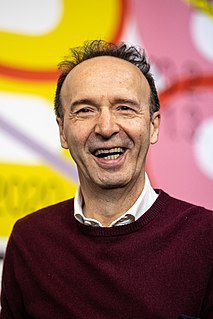A Quote by Karen Armstrong
Important thing about myth is that it's not just something that you believe, a myth is essentially a program for action. And unless you translate a mythical story, or a doctrine out of the church, into practical action, it just remains incomprehensible. Rather like the rules of a board game which seem very sort of dull and complicated and incomprehensible until you pick up the dice and start to play, when everything falls into place.
Quote Topics
About
Action
Believe
Board
Church
Complicated
Dice
Doctrine
Dull
Essentially
Everything
Everything Falls Into Place
Falls
Game
Important
Important Thing
Incomprehensible
Just
Just Something
Like
Myth
Mythical
Out
Pick
Place
Play
Practical
Program
Rather
Remains
Rules
Seem
Something
Sort
Start
Story
Thing
Translate
Unless
Until
Up
Very
Which
Related Quotes
I always have difficulty with the Greek tragic plays. I think the difficulty one has - which is a serious problem - is the question of belief. Do you believe in the myth that the play expresses? Do you believe in it as myth or as reality? With any play, you have to believe in it as reality. You can't act a myth.
I do believe in the myth of San Francisco and there is a force, a magical kind of thing there. That feeling of like, I've never been to another place like it. It doesn't even feel Californian. Even how it's laid out physically, it's very strange. Like, the weather patterns don't make sense. They do scientifically, but in a practical way it doesn't make any sense. And that weirdness, it really creates some weird thing in the air. But it is you know, on a practical level, it's very expensive, and it's a very business-oriented place, too, and there's a lot of that stuff going on.
I've just always had a personal fascination with the myth of Abraham Lincoln. And once you start to read about him and the Civil War and everything leading up to the Civil War, you start to understand that the myth is created when we think we understand a character and we reduce him to a kind of cultural national stereotype.
Painting is the making of an analogy for something non-visual and incomprehensible - giving it form and bringing it within reach. And that is why good paintings are incomprehensible. Creating the incomprehensible has absolutely nothing to do with turning out any old bunkum, because bunkum is always comprehensible.
It seems to me that obliviousness about white advantage, like obliviousness about male advantage, is kept strongly inculturated in the United States so as to maintain the myth of meritocracy, the myth that democratic choice is equally available to all. Keeping most people unaware that freedom of confident action is there for just a small number of people props up those in power and serves to keep power in the hands of the same groups that have most of it already.
But the myth of power is, of course, a very powerful myth, and probably most people in this world more or less believe in it. It is a myth, which, if everybody believes in it, becomes to that extent self-validating. But it is still epistemological lunacy and leads inevitably to various sorts of disaster.
I like poetry, but honestly, I like dramatic literature more. If I had to pick between Rumi and Dostoevsky, I would pick Dostoevsky without even thinking about it. Ninety-nine out of 100 Iranians would probably pick Rumi. Kiarostami, too, would probably pick Rumi first. I try to have the meaning be in the action of the story, not in the symbolism. I want it to be in the action, and it's dramatic action that creates the meaning.
It's like creating an artificial loop saying, 'You didn't play the game the way I wanted you to play, so now you're punished and you're going to come back and play it again until you do what I want you to do.' In an action game, I can get that – why not? It's all about skills. But in a story-driven experience it doesn't make any sense.
In the native literatures of North America there aren't any novels. Instead, the major genre is myth. And myths are stories that are fundamentally about the world, not about human individuals. A myth needn't include any humans at all. If it does include them, they're usually minor characters - imaginary humans sent out like scouts to report back on what's happening in the mythworld, but not central participants in the action.
I believe that this idea of story or myth or this thing that Joseph Campbell writes about is sort of an inter-connective spiritual force - like The Force in 'Star Wars' - where it doesn't matter where you were raised, or what your background is, there are certain elements of story that totally appeal to you.






































